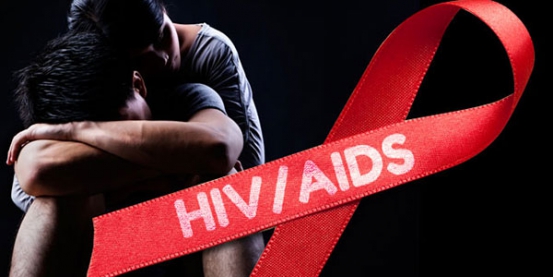×
The Standard e-Paper
Home To Bold Columnists

NAIROBI: Men's self-image as strong, sexually active risk-takers means they are more likely to die from HIV/AIDS than are women, experts said on Wednesday, calling for more HIV workplace testing to reach men and greater efforts to change gender norms.